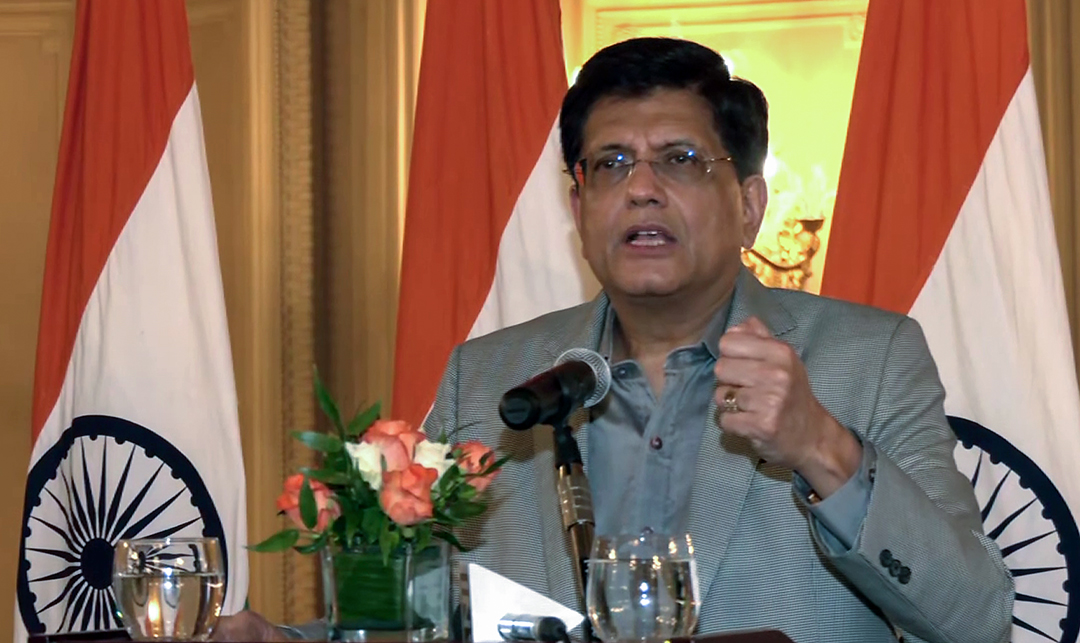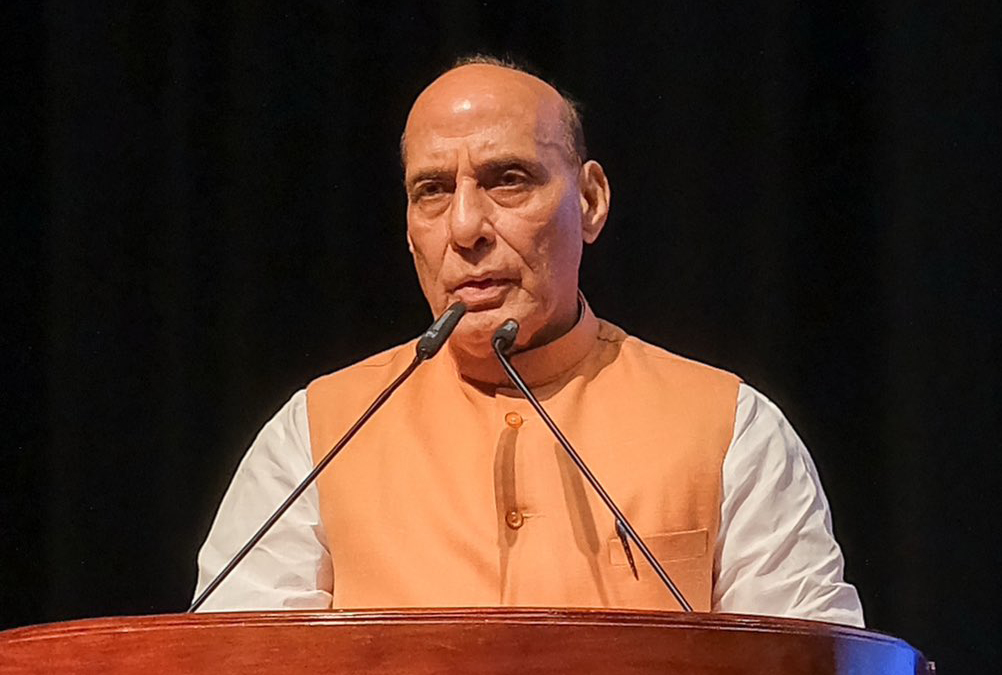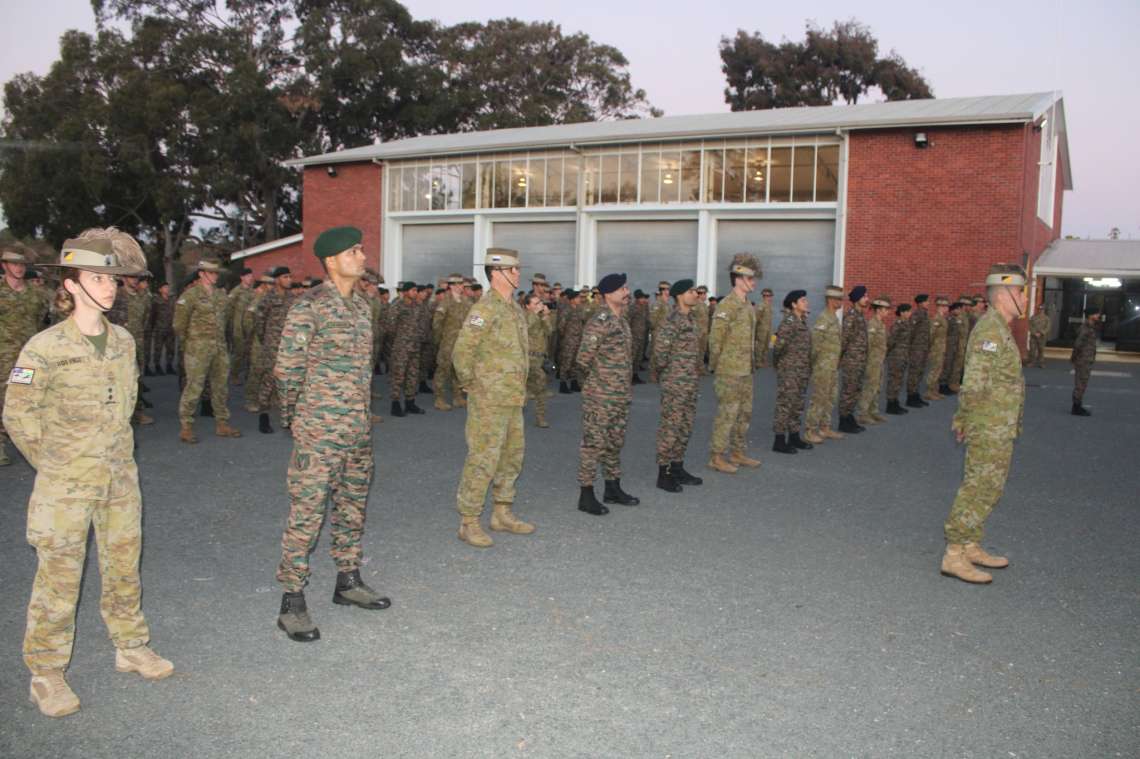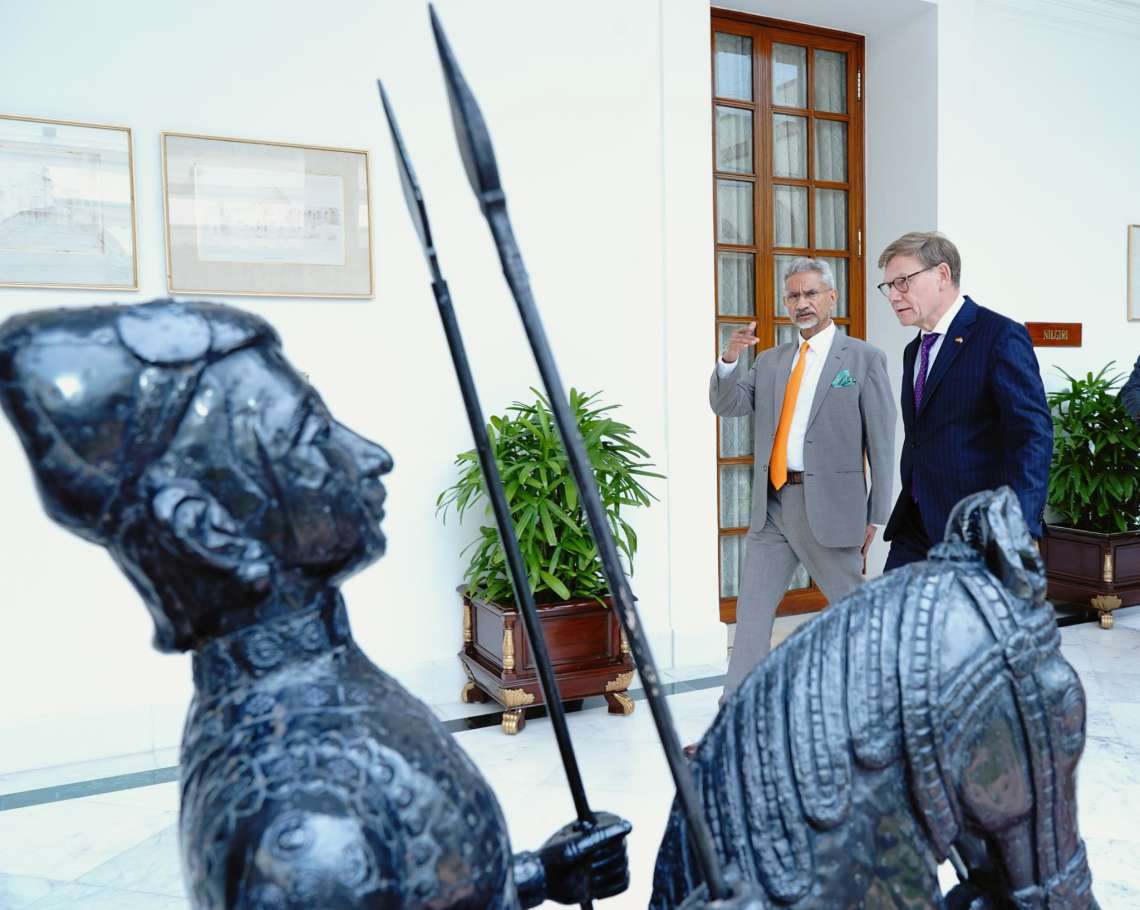The announcement comes as Australia grapples with a worsening housing crisis….reports Asian Lite News
India’s Commerce and Industry Minister Piyush Goyal has revealed that New Delhi is in “deep negotiations” with Canberra on a proposal to build one million homes in Australia, a project he estimates at USD 500 billion.
Speaking at an industry event in Mumbai, Goyal framed the initiative as both a trade and workforce opportunity. He suggested that Indian workers could be trained to Australian building standards before contributing to the massive housing rollout.
While details such as locations, financing structures, or India’s precise stake remain unclear, he emphasised that the scale of the project required global partnerships. Goyal also confirmed he had approached the United Arab Emirates, a major investor in Indian real estate, to help fund the venture.
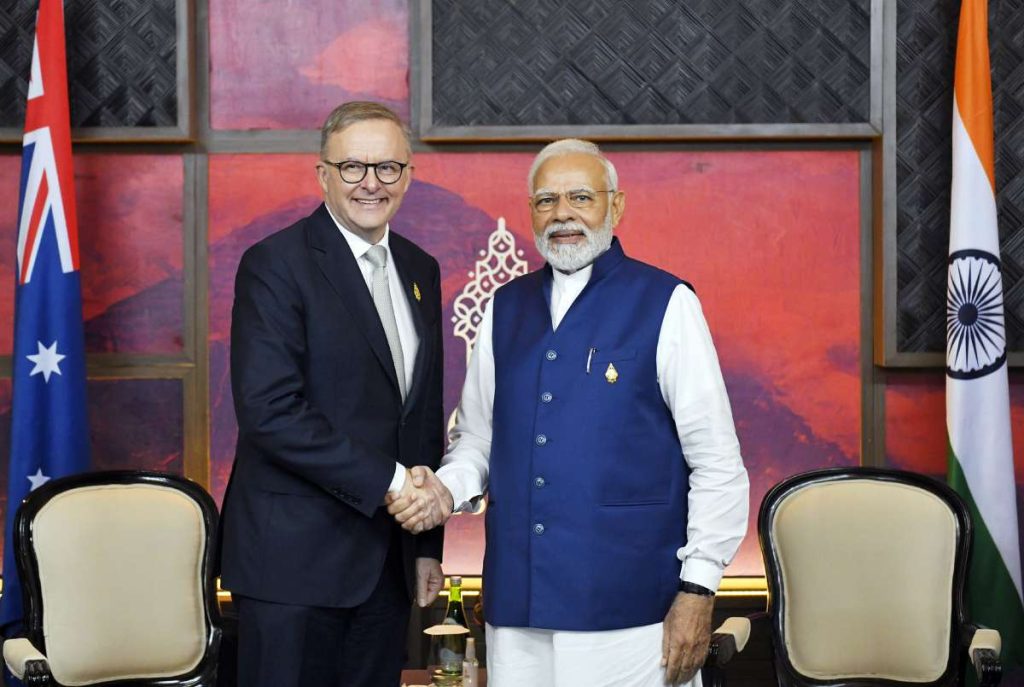
The announcement comes as Australia grapples with a worsening housing crisis. Data from the Australian Bureau of Statistics shows that only 15,796 new dwellings were approved in July—well below the 20,000 per month needed to meet the Albanese government’s pledge of 1.2 million homes by 2029. Approvals for medium- to high-density housing slumped 22.3 per cent, even as detached housing approvals rose slightly. Nationally, house prices climbed 5.3 per cent over the past year, with the average home now valued at AUD 835,000.
Industry warnings have grown louder. Master Builders Australia recently projected that just 180,500 homes will be started in 2024–25, nearly 60,000 short of annual targets. Over five years, the shortfall is expected to widen to more than 180,000 homes. Rising costs, falling productivity, slow build times and workforce shortages remain key obstacles. “Australian builders are keen to get on with the job, but under current conditions, the Accord’s 1.2 million home goal looks less achievable every day,” CEO Denita Wawn cautioned.
For India, the proposal highlights a broader strategy of expanding trade and investment partnerships amid global headwinds. The United States recently imposed steep tariffs on Indian steel and aluminium, pushing New Delhi to seek new markets. Australia, a key Indo-Pacific partner already negotiating a free trade agreement with India, has openly supported New Delhi in its trade disputes with Washington. Goyal signalled that parallel talks with Oman, New Zealand and the European Union could also conclude this year.
Yet despite its headline scale, the housing plan remains unconfirmed by Canberra or Australian industry stakeholders. Analysts note that labour shortages, supply bottlenecks and high borrowing costs could complicate execution. For now, Goyal’s remarks position the project at the intersection of India’s skilled labour ambitions, Australia’s urgent housing needs, and Gulf capital flows. Whether it materialises beyond negotiation is still uncertain.


